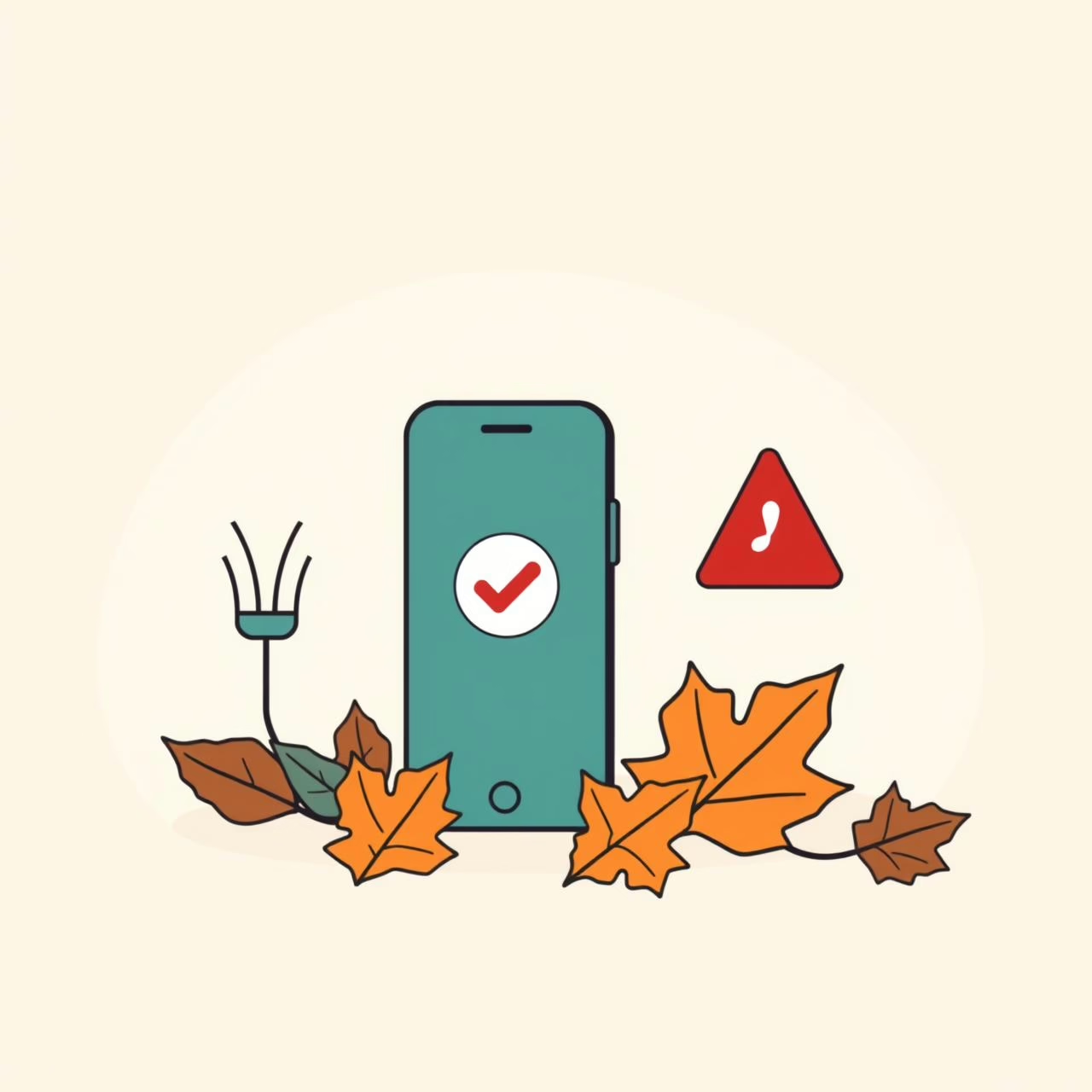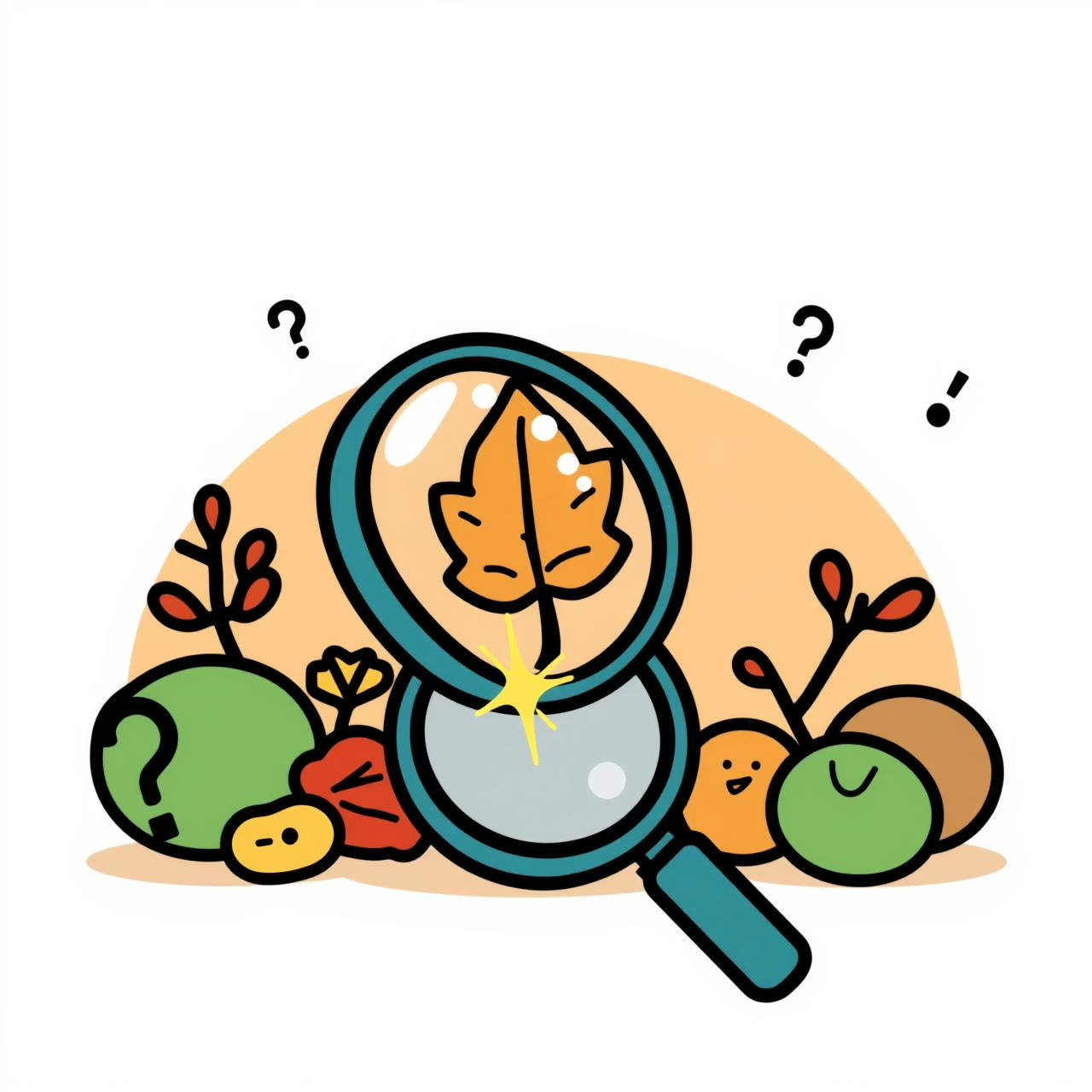
Picture this: a seven-year-old asks a voice assistant about Jupiter, beams at the instant reply, then moves on. No follow-up questions, no wonder. Sound familiar? Turns out, we’re all living in a ‘zero-click’ world now—where answers arrive without digging deeper. Experts note nearly 60% of searches today end without a click, reshaping how we find information. So what does this mean for parenting? But for our kids? This isn’t just about traffic stats. It’s about whether they’ll learn to chase curiosity or accept surface-level replies. Let’s talk about how to turn this into our parenting superpower.
What Is the Instant Answer Trap and Why Does It Snuff Out Spark?

You’ve felt it—that quiet worry when your child beams at Siri’s reply about volcanoes or dinosaurs but never asks why next. Bain & Company’s research shows 80% of people lean on these ‘zero-click’ results regularly. For businesses, it’s a traffic nightmare. For families? It mirrors what happens when kids get answers served to them like snacks on a tray: satisfying, but missing the rich flavor of discovery. Think about it: when information feels effortless, where’s the room for wonder? We risk raising kids who see knowledge as a vending machine—insert a question, grab an answer—instead of a treasure hunt. And treasure hunts? They build resilient thinkers.
Remember when we used to pore over encyclopedias with our kids, fingers tracing dusty pages? That struggle to find answers taught patience, focus, even how to skim a table of contents. Today’s seamless AI feels magical, but without guidance, it can shrink their thinking muscles. The real danger isn’t screens—it’s passivity. Like catching clouds, curiosity vanishes if we don’t help them hold it. In this instant-answer world, fostering curiosity becomes essential for parenting.
Why Does Curiosity Beat Convenience Every Time?

Here’s the beautiful twist: AI’s rise isn’t stealing our kids’ wonder—it’s handing us a golden chance to redefine it. Studies reveal how the ‘zero-click’ trend reshapes engagement (Fortune notes just 8% click traditional links after AI summaries), but that same immediacy can ignite conversations. Instead of fearing Siri’s speed, let’s use it as a launchpad. Ask your child: ‘What surprised you about that answer?’ or ‘How would you explain this to your grandpa?’ Suddenly, an isolated fact becomes a bridge to empathy and deeper understanding.
I’ve seen kids light up when we treat AI like a first draft—not the final word. Last week, my neighbor’s daughter asked, ‘Why do leaves change color?’ Alexa spat out chlorophyll facts. But then her mom knelt beside her: ‘Let’s see if that’s true—grab your magnifying glass!’ Off they went, collecting maple leaves on their walk. That’s the magic: turning ‘I don’t know’ into ‘Let’s find out together.’ The research might warn of plummeting clicks, but in our living rooms? We’re building something stronger than traffic—critical thinkers who crave the journey, not just the destination. Parenting in the instant-answer world means embracing these moments.
What Are Small Shifts for Big Growth (Zero Clicks to Zero Boredom)?

You don’t need grand overhauls. Start with micro-moments where AI fuels, not replaces, exploration. Try this tomorrow: when your child gets an instant answer, follow it with a playful challenge like, ‘Convince me that’s true using only toys from your room.’ Watch them engineer proofs with LEGO or drawn comics—hands-on learning disguised as play. Or after a weather query, head outside together: ‘Alexa says it’s warm. Do you feel it? Let’s check the playground bench!’
Google frames AI Overviews as opportunities to ‘surface and get clicked’ (TechCrunch), but in parenting, it’s about surfacing human connection. Blend digital sparks with real-world play: Ask an AI for picnic ideas, then craft the menu yourself, or use a trivia answer as a springboard for backyard obstacle courses. These shifts aren’t about screen limits—they’re about layered learning. As MarTech reminds us, those who ‘leverage AI as an opportunity’ thrive. For parents, thriving means seeing kids who don’t just accept answers but wrestle with questions, because they’ve learned joy lives in the search. Practical parenting tips like these help navigate the zero-click era.
Why Is the Journey the Destination in Parenting?
Honestly? I get why small business owners panic about vanishing traffic. But for our children’s growth, this moment feels like a gift. When AI handles the ‘what,’ we’re freed to focus on the ‘why’—the messy, joyful work of nurturing kids who aren’t satisfied with surface-level replies. They’ll face a world where information floods instantly. Our job isn’t to shield them from it but to equip them with intellectual resilience: the courage to say, ‘That’s interesting, but let’s dig deeper.’
So next time your child beams at an instant answer, pause. Breathe in that overcast-day calm (you know the kind—sun hiding but air warm and hopeful). Then ask, ‘What’s one thing you wonder now?’ Watch their eyes widen. In that gap between question and curiosity, you’re not just raising a kid who knows facts. You’re raising a forever-learner—someone who sees the universe as a puzzle worth solving, one piece at a time. And friend, that’s traffic worth celebrating. In this instant-answer world, fostering curiosity is key to raising resilient kids.
Source: The AI revolution killed your website traffic. It’s also your biggest opportunity., HubSpot, 2025/09/03
